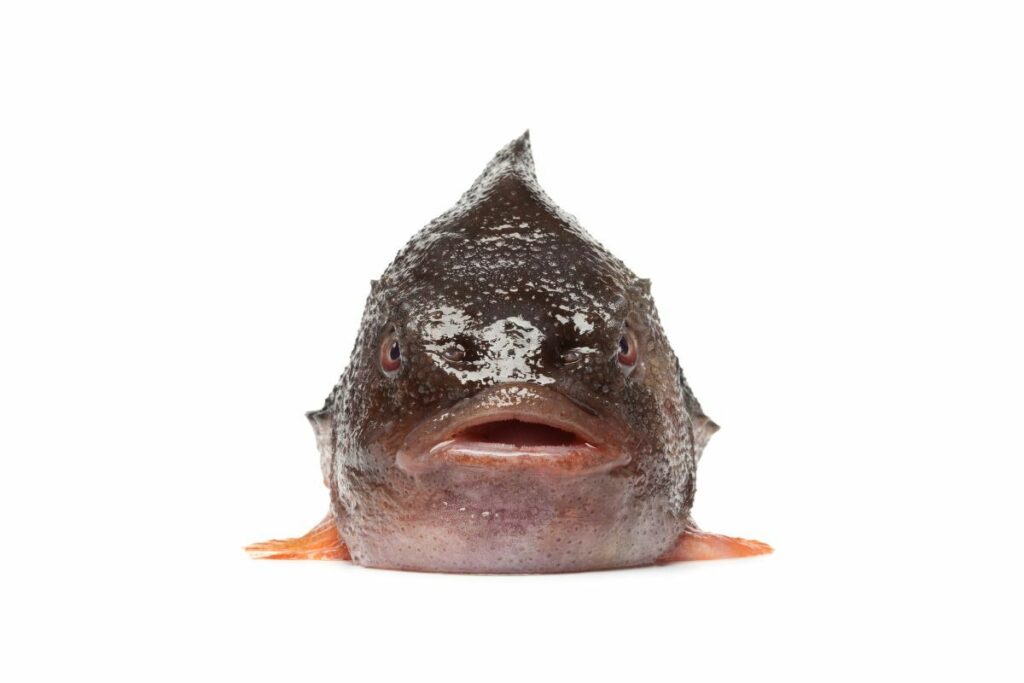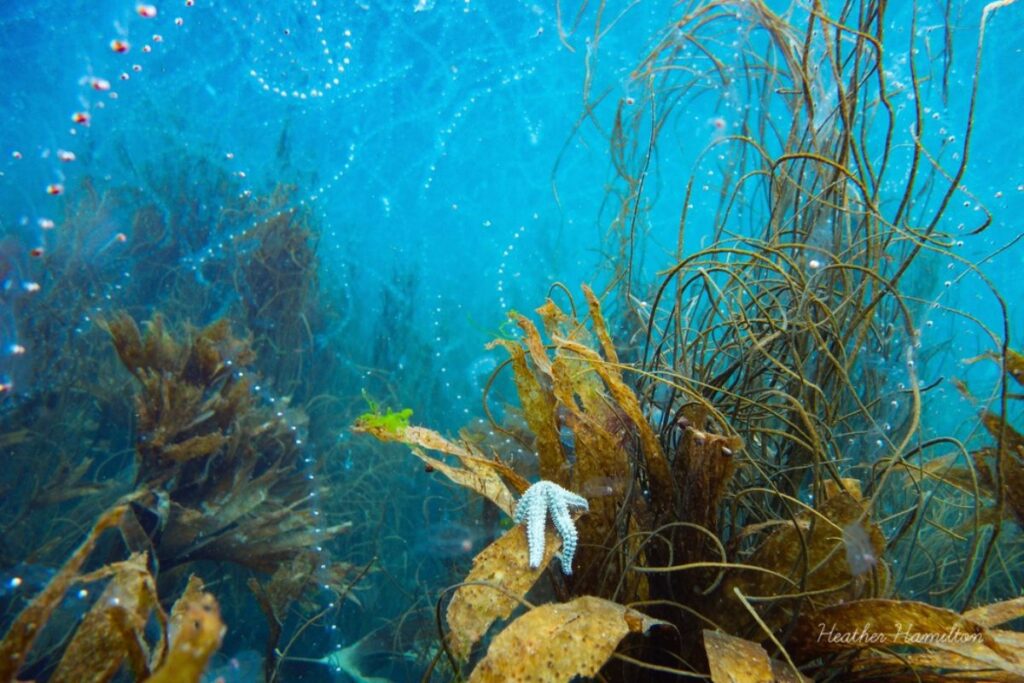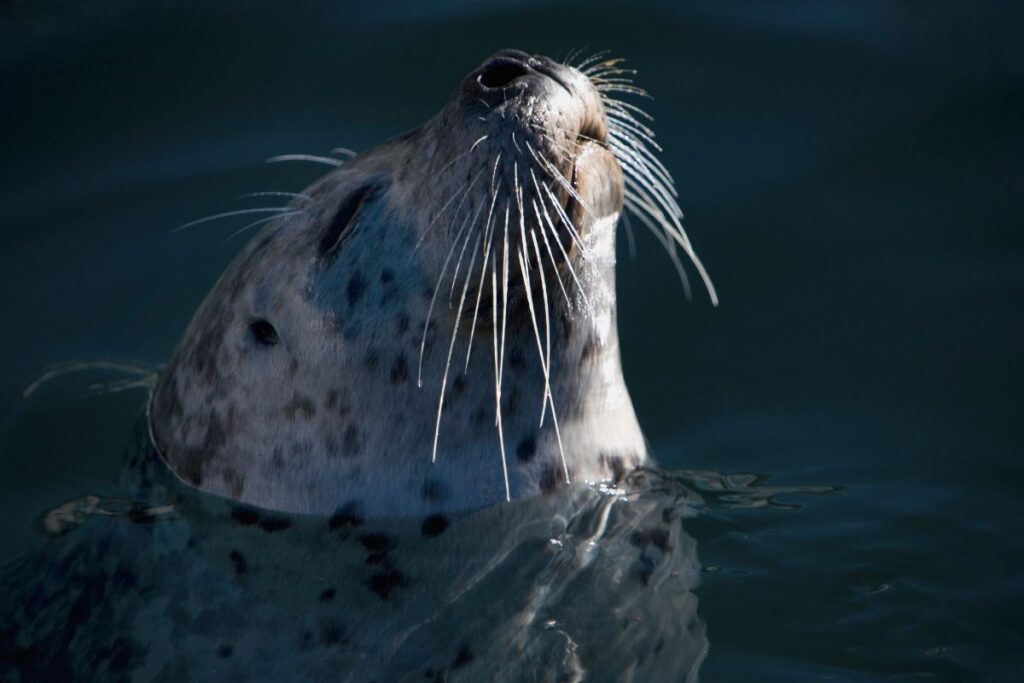Plastic Free Padstow is an organisation inspired by the Fairtrade movement which aims for Padstow and its surrounding shores to become one of the first ever Plastic Free Coastlines. This collection of people are striving to empower local councils, community organisations, educational institutions and local businesses to become free of single-use plastic and provide alternative solutions instead.
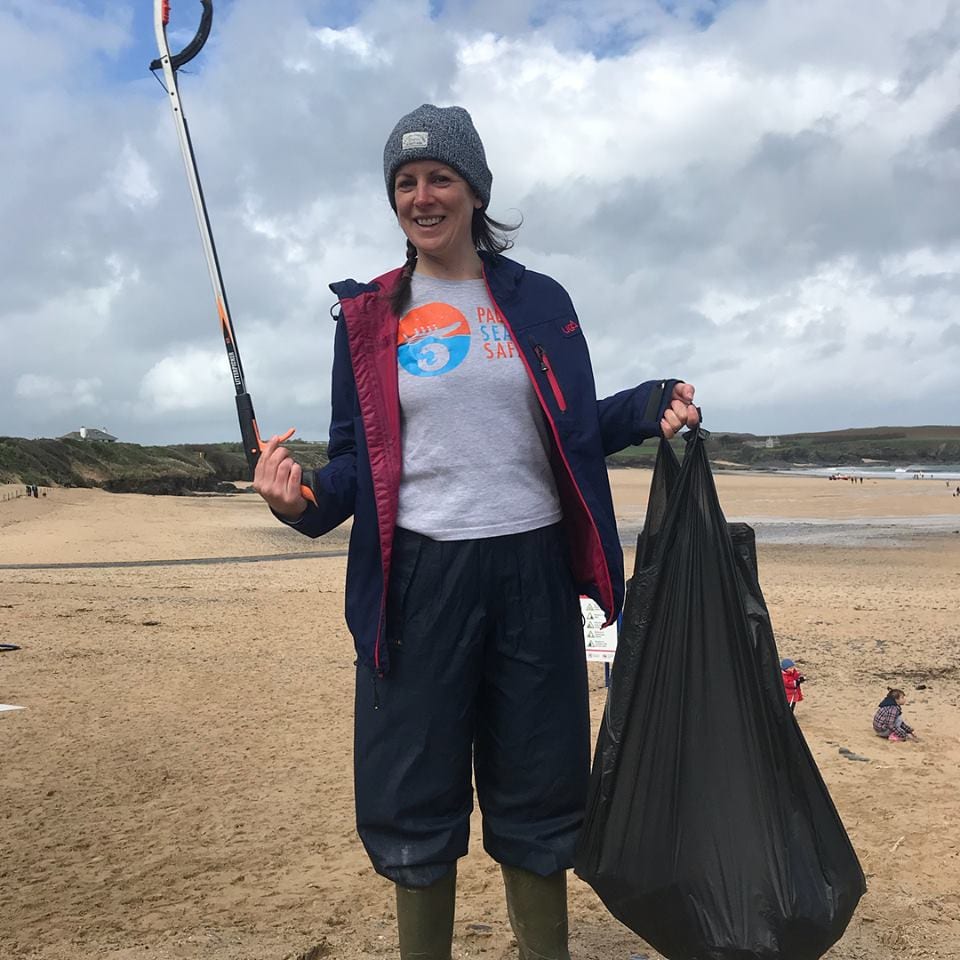
When did Padstow Become a Plastic-Free Town?
In January 2018, Padstow town councillor Richard Higman was appointed to the Plastic Free Coastlines steering group. Padstow council have been encouraging the ban of single use plastics and carrying out community engagement to encourage residents to reduce their plastic consumption. The council also resolve to:
- Support and work closely with Plastic Free Coastlines
- Commit to plastic-free alternatives
- Support plastic-free initiatives within the constituency
Since January, the council have eradicated the use of single-use coffee cups, cutlery and plastic water bottles from businesses in our town whilst working closely with Padstow primary school and the Beach Guardian to educate and strive to eliminate single-use plastic.
Why Ban Single-Use Plastic?
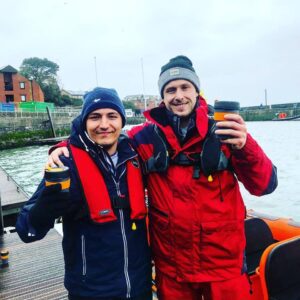
Simply put, single-use plastic threatens ecosystems, livelihoods and the happiness of every living thing whose lives depend on the ocean for survival (ie- all of us). Only 3% of plastics are ever recycled, the rest goes to landfill, or in our oceans, and is eventually eaten by our animals and poisons the ecosystem.
It is estimated that there are 150 million tonnes of plastic in the world’s oceans; over 100,000 sea mammals die each year from eating or getting tangled up in plastic waste. Cotton buds, often flushed down the lavatory, are one of the most serious sources of marine pollution. They are small enough to be eaten by birds and marine life and unable to be recycled so they inevitably end up in our waters. Supposedly we are the most intelligent lifeforms on this planet, but humans can be pretty stupid!
Because of their intensely damaging effect on the planet, single-use plastics such as cotton buds and plastic drinking straws could be banned from sale in England next year as a way of trying to put a stop to the pollution of the world’s rivers and oceans (Source: The Guardian, April 2018).
Plastic microbeads have already been banned, and the introduction of the 5p plastic bag charge in England has led to a dramatic fall in their use. Figures revealed by the Department for Environment, Food and Rural Affairs (DEFRA) show that 9 billion fewer bags have been distributed since the introduction of the plastic bag charge, which is a heartening indication that similar initiatives in the future could have such a positive impact to help save our planet.
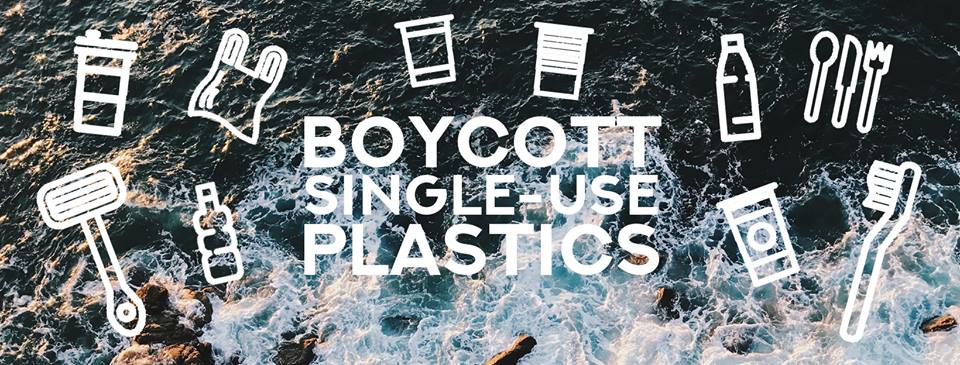
How We are Helping Padstow to Become Plastic Free
As responsible members of the Padstow community who are passionate about protecting our oceans, everyone here at Padstow Sealife Safaris has opted in to Padstow’s Plastic Free initiative. Each member of the crew has been issued with a “keepcup” (reusable coffee cup) and we only use environmentally-friendly plant-based cleaning products for our boats to mitigate the chance of inadvertently polluting our seas. We have eradicated all use of single-use plastics and also recently organised a beach clean where a great turn out of local businesses and friends came to help us clean up the litter found on a local beach.
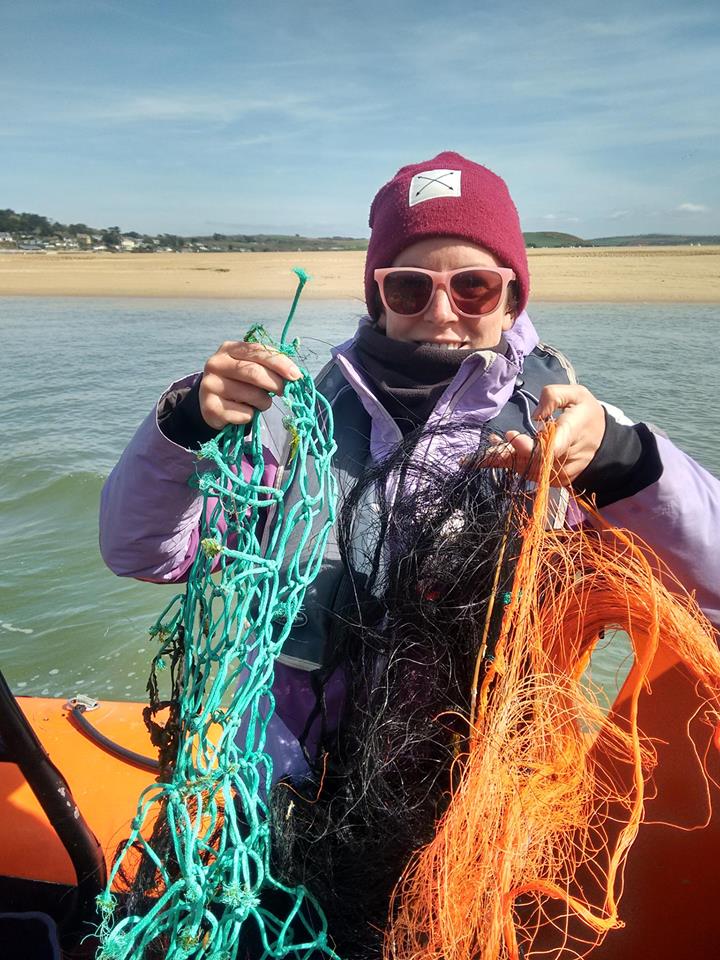
We take our role as custodians of the waters around Padstow very seriously. In addition to the ways of becoming plastic free Padstow as mentioned above, whenever we are out in the estuary and sea we collect (and responsibly discard of) ghost gear. “Ghost gear” is the name given to any discarded, lost, or abandoned, fishing gear found in the water which would otherwise trap and entangle marine life, smother their habitats and create a hazard to their navigational abilities. Ghost gear is one of the biggest threats to animals in our oceans and a staggering 640,000 tonnes of ghost gear is left in our oceans every year (that equates to a tonne a minute!) (source: World Animal Protection).
Plastic-Free Businesses in Padstow
Lots of our neighbouring Padstow businesses have joined Padstow’s Plastic Free initiative too and it’s heartening to see the whole community getting on board. From using cans of water and recyclable sustainable cartons of water instead of bottles, selling keep cups, wrapping sandwiches in paper rather than plastic and so much more. Prawn on the Lawn have no plastic bottles in the restaurant, they have reused plastic tubs as storage containers and now have no plastic cutlery. The Musselbox have a promotion whereby if you buy one of their keepcups for £10 you will receive five coffees for free to enjoy in your environmentally-conscious mug. After that, all hot takeaway drinks taken in the keepcup will receive a 25p discount from each cup. We think this is an awesomely generous deal and a great way to encourage people becoming plastic-free!
Even clothing companies like Finisterre have created an entire clothing range to highlight the importance of the fight against microplastics. They are donating 10% of all profits from this range to Surfers Against Sewage in their quest to rid the seas of plastic pollution. Seasalt Clothing say, “we are committed to reducing our adverse environmental impacts and to continually improving our own environmental performance.”
It seems that the whole town is getting on board with Padstow’s Plastic Free initiative, and that is a beautiful thing.
(If you are a plastic-free business in Padstow and want to be featured in this list, please email Info@solve.co.uk with details of your initiatives and we’ll add you!)
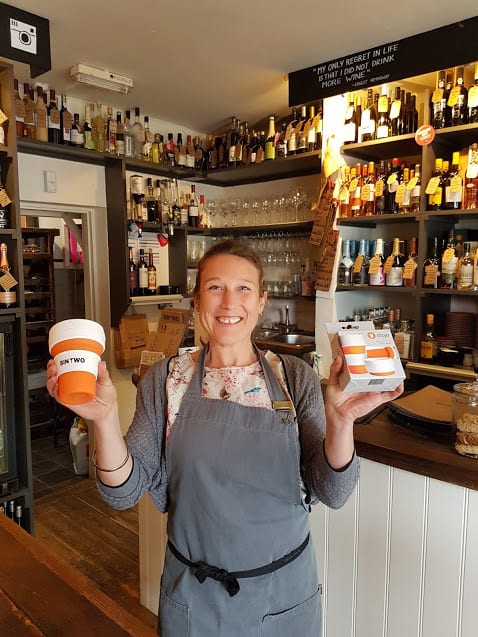
Places to Refill Water Bottles in Padstow:
There are now 8 businesses in Padstow (and 1 in nearby Trevone) in which visitors to our town can refill their water bottles to cut the need for single-use plastic bottles. Wherever you live, download the Refill App to find your nearest place that welcomes you to ‘come on in’ and fill up your bottle – for free.
There’s simply no excuse for single use!!
- Padstow Food Fair, Padstow Memorial Hall, Riverside, Padstow PL28 8BY
- Cornish Horizons 19 New Street, PL28 8EA
- Seasalt Clothing 3-5 Lanadwell Street, Padstow,PL28 8AN
- Padstow Brewing, 4 Broad Street, Padstow, PL288BS
- Bin Two, The Drang, Padstow, PL28 8BL
- Embers Pizza, 16 Market Place, Padstow, PL28 8AL
- Buttermilk, 1 Chapel Court, Lanadwell Street, Padstow, PL28 8AN
- The Shop, Trevone, Padstow, PL28 8QJ
Join the revolution, help us fight the plastic pollution one straw at a time! Let us know over on Facebook and Twitter how you feel about being plastic free and what you have done to help the fight. We can’t wait to welcome you to our greener, cleaner plastic free Padstow town and ocean this summer!
